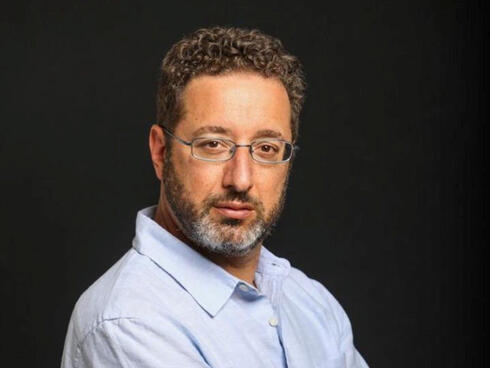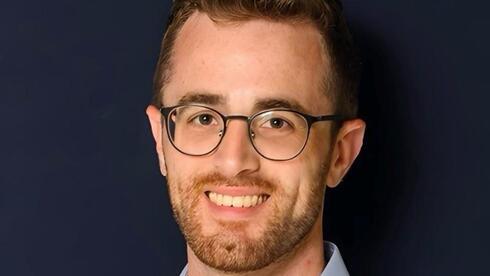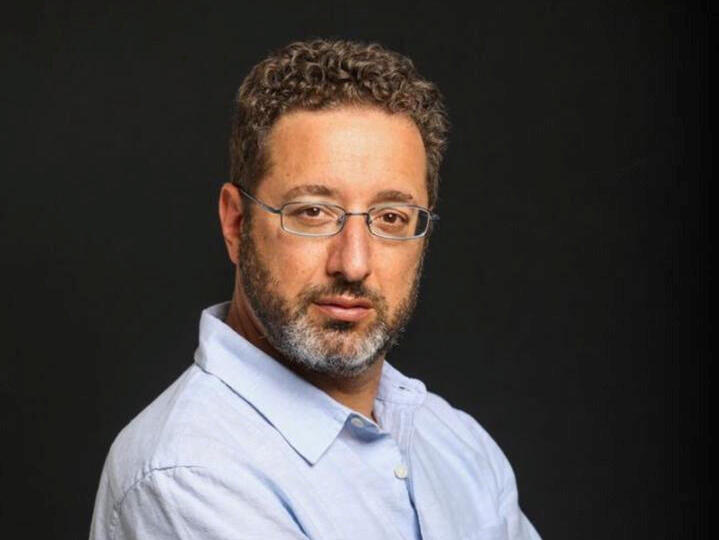
Opinion
Start-up nation thrives despite crisis – but can it endure?
"Investing now is perhaps the only way to secure Israel’s future as the oasis of innovation it has been in the Middle East," writes Oded Hermoni, co-founder of J-Ventures.
The war in Gaza and Lebanon, following the brutal attack on October 7th, rising antisemitism, global isolation, and the recent hard-hitting reports from Moody’s and S&P—can any economy withstand such challenges? And can Israel, the “Start-Up Nation,” remain as innovative and resilient as it’s been known to be?
The short answer is yes. Currently, it’s a big yes. A year after October 7th, Israeli tech, which constitutes 50% of Israel's exports and a third of its taxes, remains strong despite everything. Israel still holds one of the largest dollar reserves at $217 billion, bolstered by recent exits and the rise of defense exports. However, the longer answer is more nuanced, and it requires your help—particularly from the American Jewish community and the global diaspora. Not through donations, but by recognizing the incredible opportunity that still exists. Investing now is perhaps the only way to secure Israel’s future as the oasis of innovation it has been in the Middle East.
But first, let’s look at the facts.
Sequoia Capital, one of Silicon Valley’s most respected VC funds, decided to reopen its office in Israel—right in the midst of the war for Israel’s existence. One of Sequoia’s partners estimated that 20% of all their new investments will be in Israeli companies. Greylock Partners, another top-tier VC fund, is also planning to open a new office in Israel. Founders Fund was reported in the news is following suit, joining existing active offices that Lightspeed, Bessemer, and Insight Tech already have in Israel. Andreessen Horowitz has also increased its investments in Israel.
For those who may not be as immersed in the venture capital world, these are the top VC funds in the United States. They—and us, at J-Ventures, which recently became the most active foreign VC in Israel—view Israeli tech as a significant opportunity, especially now. Why?
Despite the war and the challenging macroeconomic environment, Israeli tech has shown remarkable resilience. From October 7, 2023, to August 15, 2024, Israeli technology companies raised nearly $9 billion in capital—ranking third in the world after the Bay Area and New York City. This amount is comparable to pre-crisis fundraising levels, showing that the war has not slowed capital flows into Israeli startups.
The strength and resilience of Israeli tech are evident across the board. We see it firsthand with our investments. Even with 20-30% of their employees called up for military service—sometimes including the CEOs themselves—10 of our portfolio companies have doubled or even tripled their revenues. They are doing more with less. Some of these companies are already in talks for acquisitions, setting up foreign R&D centers, or expanding existing operations.
Mergers and acquisitions in Israel’s tech scene are still booming. Thirteen of the last fourteen cyber deals valued over $150 million involved Israeli companies. Salesforce recently acquired two Israeli companies for $2.4 billion. NVIDIA and Palo Alto Networks have both purchased companies to bolster their R&D centers in Israel. Meanwhile, Wiz, the hottest cybersecurity startup, even turned down a $23 billion acquisition offer from Google, confident they can grow much bigger.
But while the present is bright, the future of Israel’s tech sector is less certain. Sixty percent of all funding rounds are for amounts over $50 million, meaning less capital is going to new early-stage companies. Fewer companies are choosing to incorporate in Israel. United Airlines canceled its direct flight from San Francisco to Tel Aviv, leading to fewer investors and customers visiting during the war. Israeli founders are also traveling abroad less frequently.
Israeli venture capital firms have enough “dry powder” (available capital) for about two more years, but they are starting to reduce investments, wary of a potential silent boycott by endowment funds and institutional investors. In an industry largely dependent on foreign capital, long-term commitments are becoming harder to predict. Currently, 35% of all investments in Israeli tech are in cybersecurity, nearly triple its previous share. While cyber remains a strong sector, Israel’s increasing reliance on it has raised concerns about sectoral imbalance. Artificial intelligence (AI) is present but not as dominant as in Silicon Valley.
More concerning is the potential brain drain. Many engineers, tech workers, academics, and doctors are contemplating leaving the country due to the ongoing war and political instability. This trend could have a devastating long-term impact, compounded by the possibility that AI will reduce the need for tech programmers, designers, sales, and marketing staff, as more can be done with fewer resources.
This is why Israel needs the American Jewish community to step in—now more than ever. Not as a charitable act, but as a business opportunity. Sequoia, Greylock, and Andreessen Horowitz will tell you the same thing. Israel needs you to replace those pulling back due to antisemitism or other pressures. If the Start-Up Nation falters, Israel—the Israel you know—will not remain the same. People will leave, and it will be incredibly difficult to reverse that trend.
We need to act now. Invest in Israeli companies. Encourage your companies to partner with, acquire, or open new markets in Israel. Visit Israel for business, even if the flights are long. Help in any way you can to ensure that the Start-Up Nation remains strong and vibrant.
This is more than just about tech—this is about the future of Israel.
Oded Hermoni, an Israeli-American VC, is the co-founder of J-Ventures and a board member at JFCS.















